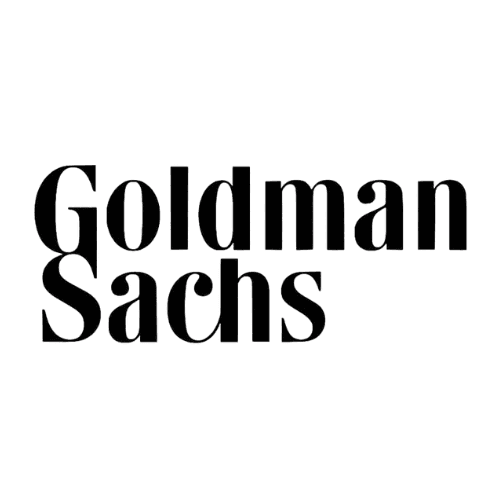
Goldman Sachs
Investment banking and financial services company
Reason: Unethical business practices and direct Trump involvement
Goldman Sachs has a long history of revolving-door relationships with the federal government—executives cycle between top roles at Goldman and powerful government posts.
Evidence & Context
Under Donald Trump, this pattern intensified, raising concerns about conflicts of interest, regulatory capture, and public policy shaped by Wall Street insiders instead of the public interest.
Gary Cohn, a longtime executive at Goldman Sachs (served as President & COO) moved into the Trump administration as Director of the National Economic Council in January 2017.
Dina Powell, who also held a senior role at Goldman Sachs prior to joining Trump’s team as Senior Advisor for Entrepreneurship & Economic Growth, and later as Deputy National Security Advisor for Strategy.
Steven Mnuchin, a Goldman alumnus and hedge fund investor, served as Treasury Secretary, overseeing national economic policy and regulatory oversight.
Anthony Scaramucci, who worked at Goldman earlier in his career, briefly served as White House Communications Director. Source: The Hillhttps://www.cnn.com/2017/01/11/politics/who-is-dina-powell
Jay Clayton, who had represented Goldman Sachs as legal counsel, was nominated by Trump to head the Securities and Exchange Commission (SEC) — the agency responsible for regulating Wall Street. Source: Politico
During the 2016 transition and early Trump years, Trump’s own business ties to major financial institutions—including Goldman—fueled conflict-of-interest questions about lending, investment, and influence. Source: Time https://time.com/4595902/donald-trump-goldman-sachs/
Areas of Collaboration and Influence
Goldman-linked officials brought market expertise and policy leverage into the administration. Sources: Inequality.org and PBS NewsHourhttps://www.pbs.org/newshour/politics/trump-goldman-sachs-economic-team
Trump-era priorities aligned with the views of several Goldman-connected officials, including tax reform, deregulation, and changes to financial oversight. Source: Time
The “Revolving Door” Concept
The revolving door refers to the movement of individuals between senior roles in major financial firms (like Goldman Sachs) and government or regulatory positions — and then back again. This pattern raises concerns about regulatory capture, where policymaking may be disproportionately shaped by insiders from the financial sector rather than by independent public-interest oversight.
A CBS News analysis found at least four dozen former Goldman Sachs employees, lobbyists, or advisers serving at the highest levels of government power in Washington and internationally. Source: CBS News
In 2023, 26 of 30 Goldman Sachs lobbyists (≈87%) had previously held government jobs, illustrating how deeply embedded the firm is in federal policymaking structures. Source: OpenSecrets
Watchdog organizations note that this revolving door enables regulatory capture, where public policy is shaped in ways that favor the financial industry. Source: @OpenSecretsDC
A specific concern highlighted during the Trump administration was the appointment of Jay Clayton — a former Goldman Sachs legal counsel — to lead the Securities and Exchange Commission (SEC), the agency responsible for regulating Wall Street. Critics argued this presented a risk to strong regulatory oversight. Source: The Revolving Door Project
Goldman Sachs & the Trump Administration: Policy and Influence
The presence of multiple Goldman Sachs alumni in senior Trump-era economic and regulatory roles stood in contrast to candidate Trump’s anti–Wall Street rhetoric. During the campaign, Trump publicly criticized Goldman Sachs’ influence in government — yet early appointments included several high-level Goldman-connected figures. Source: PBS NewsHour
Advocacy group Americans for Financial Reform noted that “former Goldman Sachs employees are using their high-level government jobs to push an agenda that would boost the bank’s profits — at the expense of the rest of us.” Source: Inequality.org
Policy areas where Goldman-linked personnel overlapped with Trump-era agenda:
Financial deregulation / rollback of oversight
Tax policy / corporate tax reform benefitting large firms and capital
International trade and market deregulation strategies (same sources above)
The appointment of Jay Clayton to the SEC was repeatedly cited as an example of industry-aligned oversight, potentially weakening regulatory accountability due to preexisting professional ties.
Additionally, a formal letter from Senators, including Elizabeth Warren, raised explicit concerns regarding Gary Cohn’s ability to serve the public interest, given his longstanding financial and professional ties to Goldman Sachs.